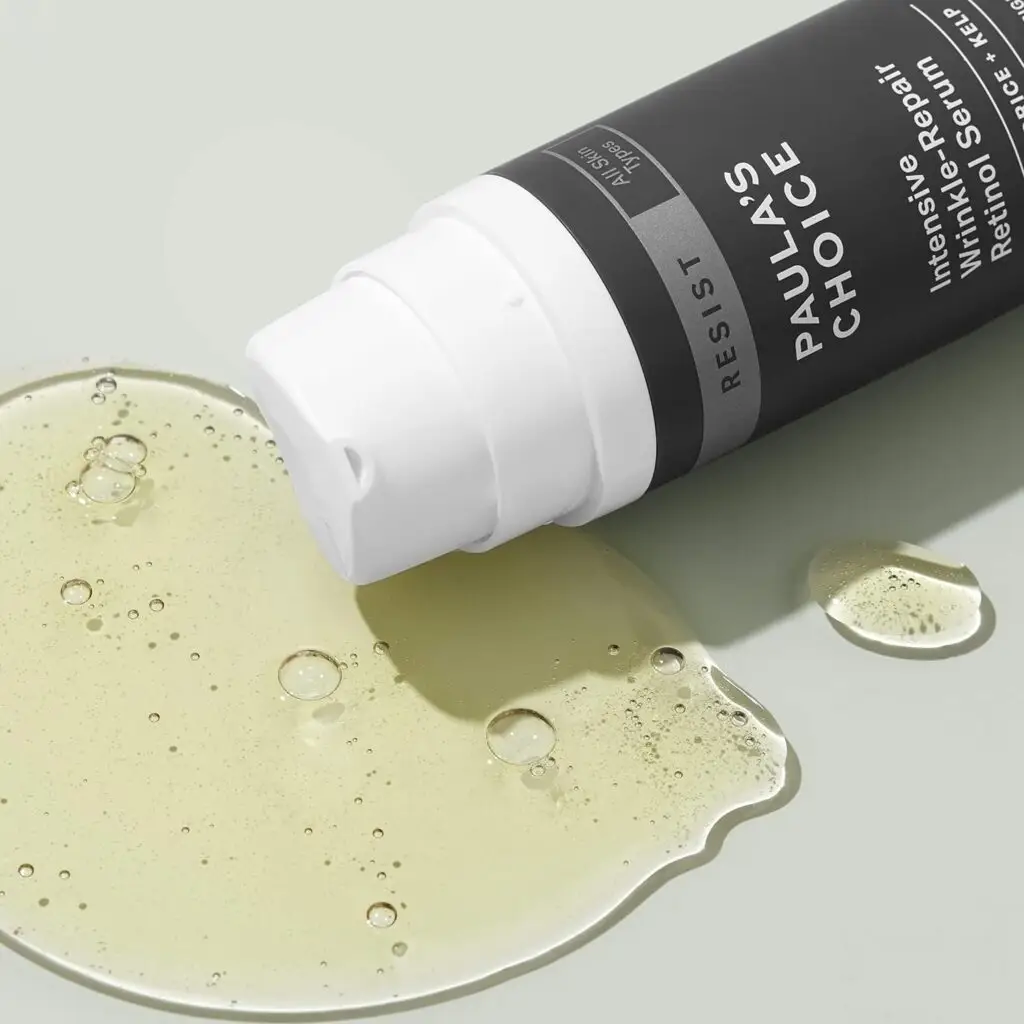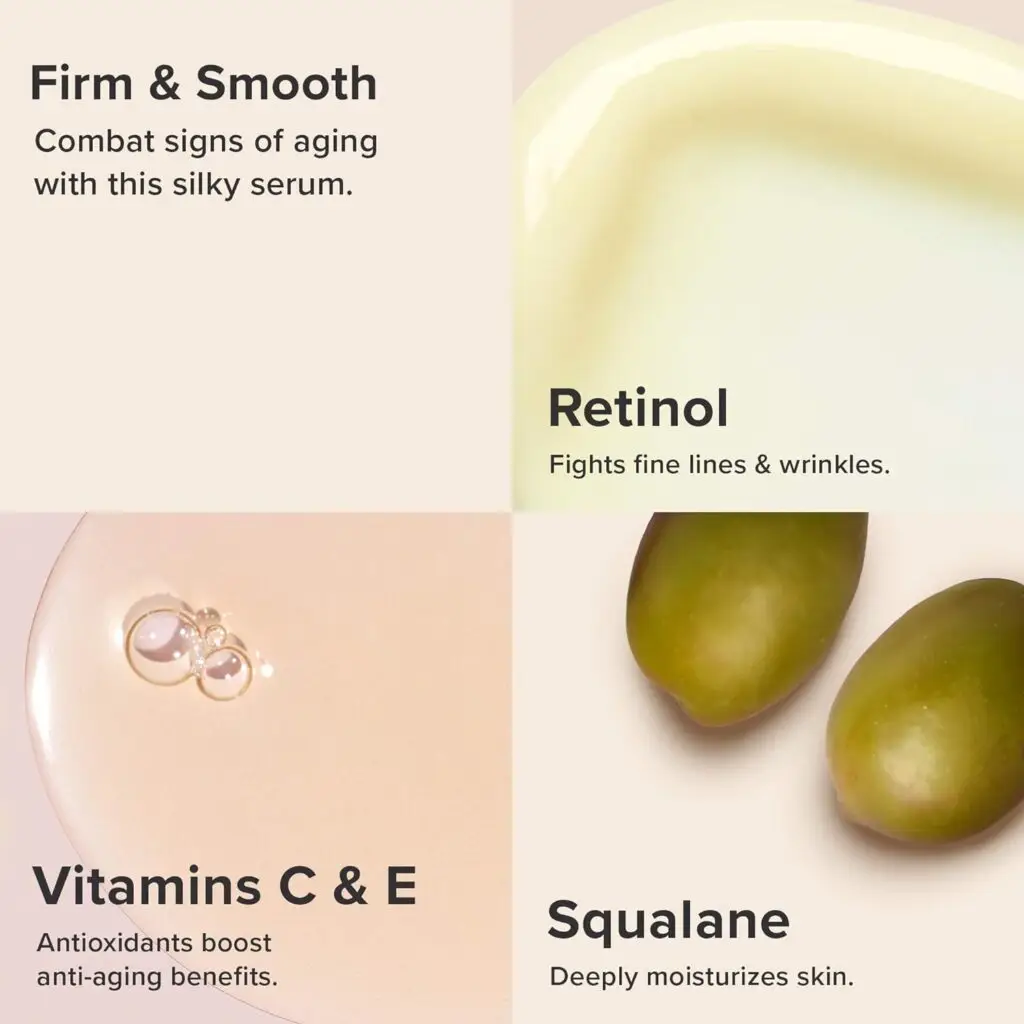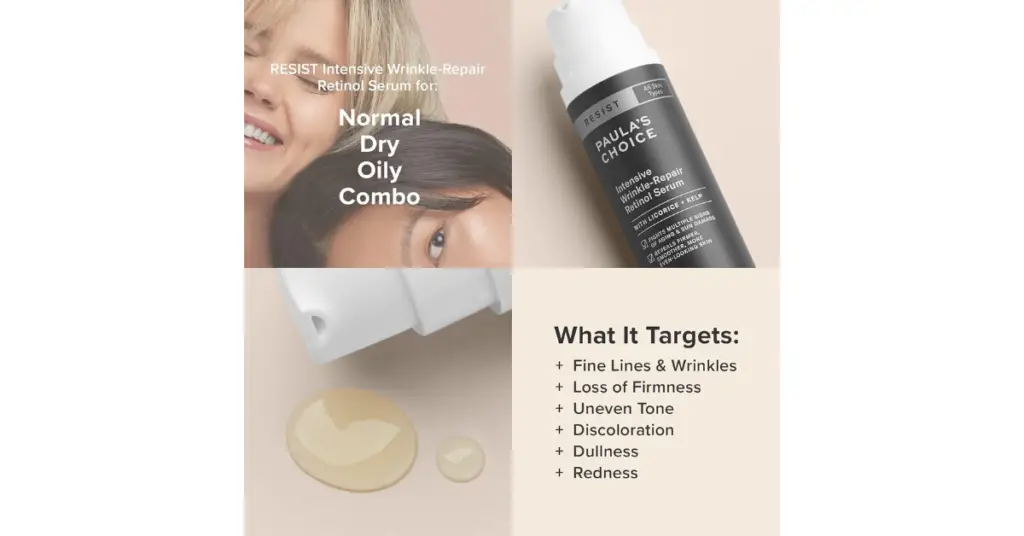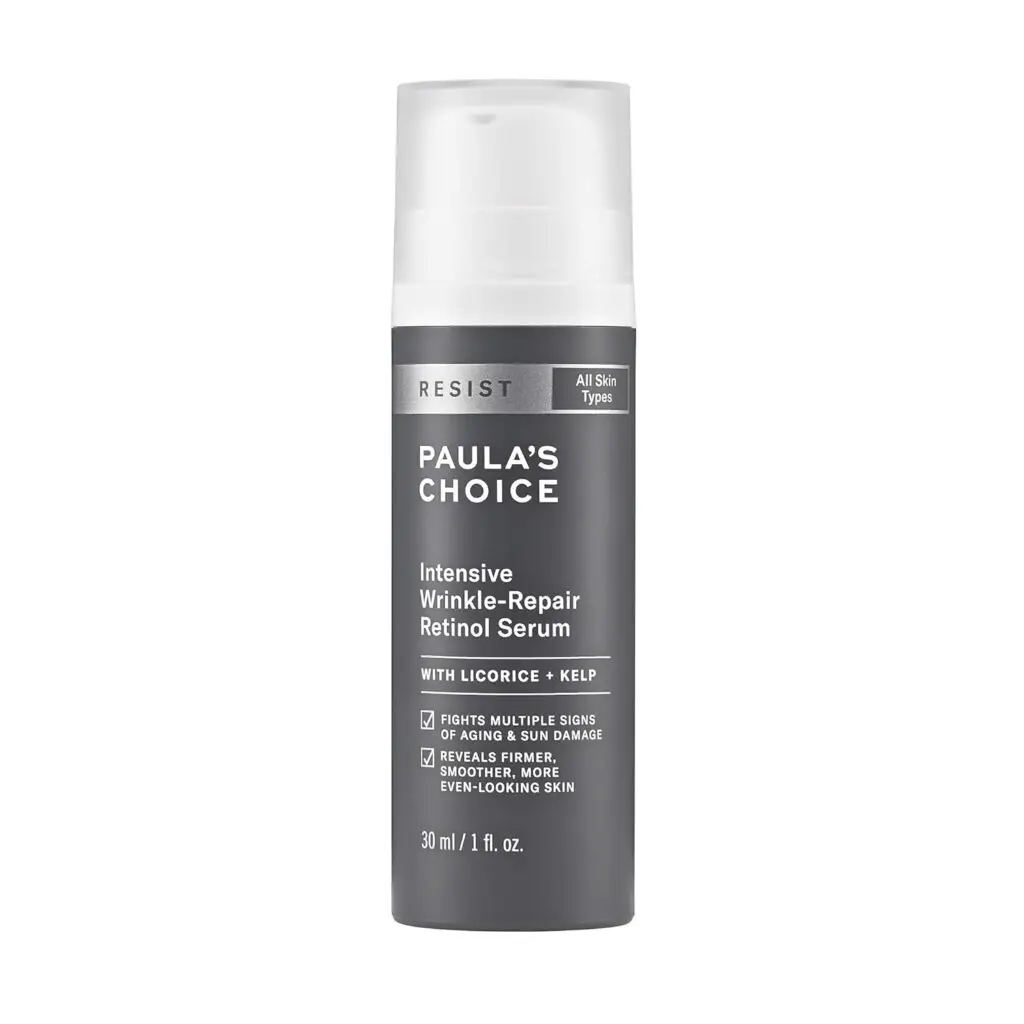Introduction
When it comes to taking care of our skin, Vitamin C and E are like best friends that work better together. They’re popular in creams and serums, and for good reason. Let’s dive into what makes them so special and how they can help your skin look its best.
Product Overview
This article isn’t about just one product; it’s about the goodness of Vitamin C & E in many skincare products. These vitamins are famous for:
- Fighting off bad stuff: They take on harmful particles from the environment that can damage your skin.
- Keeping skin bouncy: They play a big part in making sure your skin stays firm and smooth.
- Making skin glow: They help fade dark spots and make your skin look bright and even.
Detailed Evaluation
Feature Analysis
Fighting Pollution and Sun Damage
- What They Do: Vitamin C and E are like shields, protecting your skin from pollution and the sun’s rays.
- How Well They Work: When they team up, they’re stronger and work better to keep your skin safe.
- Compared to Others: They do a better job of guarding your skin against the sun when used with sunscreen than many other ingredients.
Helping Skin Stay Young
- What They Do: Vitamin C helps make collagen, which keeps your skin from getting wrinkly, while Vitamin E keeps your skin’s protective wall strong.
- How Well They Work: Using these vitamins can make your skin feel smoother and look younger.
- Compared to Others: They’re usually safe for all skin types and don’t cause problems like some strong anti-aging stuff can.
Brightening Your Skin
- What They Do: Vitamin C can stop too much pigment from forming, so your skin doesn’t get uneven spots.
- How Well They Work: Stick with it, and you’ll see your skin get brighter and more even.
- Compared to Others: Vitamin C is one of the few things that can lighten dark spots safely.
Pros and Cons
Pros:
- Good Stuff: They make your skin stronger and more ready to handle what comes at it.
- For Everyone: Most people can use them without any trouble.
- Long-term Help: They keep working to protect your skin over time.
Cons:
- A Bit Delicate: They can break down if they’re not made or kept right.
- Not for All: In very strong doses, they might irritate super sensitive skin.
- Patience Needed: You’ve got to use them regularly to really see changes.
UV Protection and Skin Damage Prevention
- Vitamin C and Sunscreen: Vitamin C isn’t a sunscreen, but it helps your sunscreen work better.
- Vitamin E Repairs: Vitamin E helps fix the damage from UV light.
- Experts Say: Skin doctors suggest using Vitamin C & E products with sunscreen for extra protection.
Anti-Aging and Collagen Synthesis
- Keeping Skin Tight: Vitamin C is key for making collagen, which stops your skin from sagging.
- Bouncy Skin: Vitamin E fights off skin enemies and helps your skin cells work right, which makes your skin springy.
- Research Shows: Putting Vitamin C & E on your skin can really cut down on wrinkles and make your skin feel smoother.
Skin Hydration and Nourishment
- Moisture Magic: Vitamin E is great for keeping your skin moist and happy.
- Strong Skin Barrier: Vitamin C helps your skin hold on to water.
- People Want It: More and more people want skincare that hydrates and feeds their skin, and that’s where Vitamins C & E come in.
Final Thoughts
Mixing Vitamins C & E into your skincare isn’t just a fad; it’s a choice backed by science for better skin. They offer lots of perks, from guarding against the sun to fighting signs of getting older, and they help keep your skin moist and strong. With skin experts often suggesting these vitamins and lots of products out there to choose from, it’s clear they’re a big deal in skincare, giving us ways to tackle different skin worries.
References
- Backed by Science: Everything here is based on scientific studies and advice from skin doctors, so you’re getting info you can trust.
- Doctor Approved: We’ve included tips from skin experts, showing they agree on how good Vitamin C & E are for your skin.
- Real Results: We looked at what people who use these products say, and it’s clear they’re seeing a difference in their skin.
Market Perspective
- What’s Trending: The skincare world is leaning towards natural stuff like Vitamins C & E because people want results without harsh chemicals.
- Lots to Choose From: There’s a whole bunch of Vitamin C & E skincare goodies out there for all kinds of skin issues, and that’s pretty exciting.

Skin Repair and Cell Regeneration
- Vitamin C’s Role in Healing: Vitamin C is crucial for repairing the skin and regenerating cells, leading to healthier and more resilient skin[1].
- Vitamin E’s Healing Properties: Known for its moisturizing effects, Vitamin E also aids in healing scars and improving skin texture[2].
Protection Against Environmental Stressors
- Shielding Skin: Both vitamins act as a protective barrier against pollution and other environmental stressors that can lead to premature aging[3].
- Enhanced Resilience: Regular use of Vitamin C & E skincare products can help the skin resist environmental damage and maintain its integrity[4].
Impact on Skin Tone and Texture
- Even Skin Tone: Vitamin C is known to inhibit melanin production, which can lead to a more even skin tone and reduced appearance of dark spots[1].
- Smoother Texture: Vitamin E helps in maintaining skin moisture, contributing to a smoother skin texture and a reduction in roughness[2].
Antioxidant Synergy
- Combating Free Radicals: The combination of Vitamins C & E provides a synergistic antioxidant effect, more effectively combating free radicals than either vitamin alone[5].
- Long-term Skin Health: This antioxidant synergy contributes to long-term skin health, preventing signs of aging and maintaining a youthful appearance[3].
Consumer Perspectives and Reviews

General FAQs about Vitamin C & E Skincare
What are the main benefits of using Vitamin C & E in skincare?
- Vitamin C & E work together to protect against UV damage, boost collagen production, and improve skin tone and texture[1].
Can Vitamin C & E be used for all skin types?
- Yes, they are generally suitable for all skin types but always perform a patch test first to ensure no allergic reactions[2].
How often should I use Vitamin C & E skincare products?
- For best results, use them daily as part of your morning and evening skincare routine[1].
Can Vitamin C irritate my skin?
- While it’s uncommon, some people may experience irritation, especially with higher concentrations. It’s important to start with a lower concentration and gradually increase[2].
Do Vitamin C & E help with acne?
- Vitamin C can help reduce inflammation and post-acne pigmentation, while Vitamin E can help moisturize the skin without adding oiliness[2].
Health FAQs about Vitamin C & E Skincare
Is there any health risk associated with using Vitamin C & E on the skin?
- Generally, there are no significant health risks, but it’s important to use products as directed and avoid overuse[3].
Can Vitamin C & E improve skin health?
- Yes, they can improve skin health by enhancing collagen production, providing antioxidant protection, and aiding in skin repair[4].
Are Vitamin C & E effective in treating hyperpigmentation?
- Yes, they can help reduce the appearance of dark spots and even out skin tone over time with consistent use[3].
Can these vitamins help with skin hydration?
- Vitamin E is particularly known for its moisturizing properties, and Vitamin C can help the skin retain water, affecting its radiance[3].
Do Vitamin C & E have anti-aging properties?
- Yes, they can help reduce the appearance of wrinkles and fine lines by boosting collagen production and protecting the skin from free radical damage[3].
Safety FAQs about Vitamin C & E Skincare
Are there any side effects of using Vitamin C & E skincare products?
- Side effects are rare but can include mild irritation or allergic reactions in sensitive individuals[5].
How can I ensure the safety of my Vitamin C & E skincare products?
- Store them in a cool, dark place to prevent oxidation and degradation, and make sure to check the expiration date[5].
Can I use Vitamin C & E products with other skincare ingredients?
- Yes, but be cautious with certain active ingredients like retinol, which may cause irritation when combined. Always consult with a dermatologist if unsure[5].
Is it safe to use Vitamin C & E products during pregnancy?
- Generally, yes, but it’s always best to consult with a healthcare provider before starting any new skincare regimen during pregnancy[5].
Can Vitamin C & E protect against sun damage?
- While they provide antioxidant protection, they are not substitutes for sunscreen. Always use a broad-spectrum sunscreen for UV protection[1].
Community Feedback FAQs about Vitamin C & E Skincare
What do users say about the effectiveness of Vitamin C & E for skincare?
- Many users report positive experiences, noting improvements in skin brightness, texture, and reduced pigmentation[6].
How do community members incorporate Vitamin C & E into their routines?
- Users often apply Vitamin C serums in the morning followed by sunscreen and Vitamin E in their evening routine for added moisture[6].
What are the most appreciated benefits according to community feedback?
- The community highly values the brightening effects, antioxidant protection, and the role in improving overall skin health[6].
Are there any tips from the community on using Vitamin C & E?
- A common tip is to introduce these vitamins gradually into your routine and to pair them with a moisturizer to enhance their effects[6].
What is the general sentiment towards Vitamin C & E skincare products?
- The sentiment is largely positive, with many users considering them staples in their skincare regimen for their multiple benefits[6].
Product Evolution FAQs about Vitamin C & E Skincare
How have Vitamin C & E skincare products evolved over time?
- Skincare formulations have advanced to stabilize Vitamin C and enhance its absorption, making it more effective and longer-lasting[7].
What were the challenges in incorporating Vitamin C into skincare products?
- The main challenge was stabilizing ascorbic acid, the most common form of Vitamin C, to prevent rapid degradation[7].
How has the combination of Vitamin C & E improved skincare formulations?
- The combination has led to products that offer enhanced photoprotection and a synergistic antioxidant effect[1].
What should I look for in modern Vitamin C & E skincare products?
- Look for products with stabilized forms of Vitamin C, such as L-ascorbic acid, and tocopherol for Vitamin E, ensuring better efficacy and shelf-life[7].
Are current Vitamin C & E products more effective than earlier versions?
- Yes, thanks to advancements in formulation technology, current products are more stable, potent, and provide greater benefits[7].



